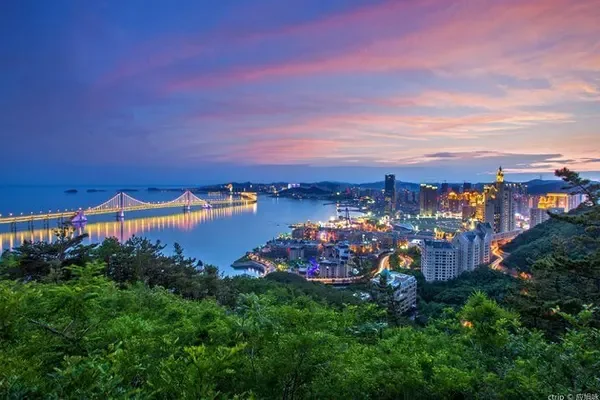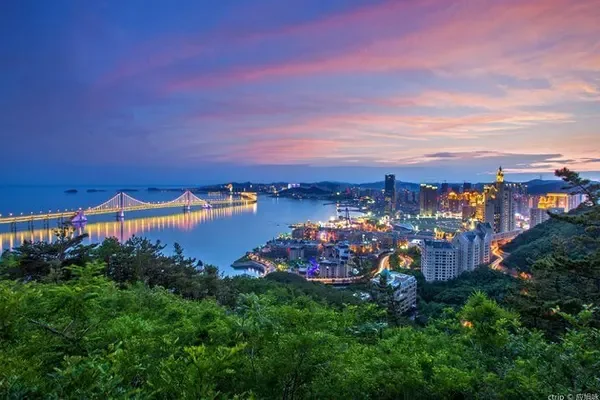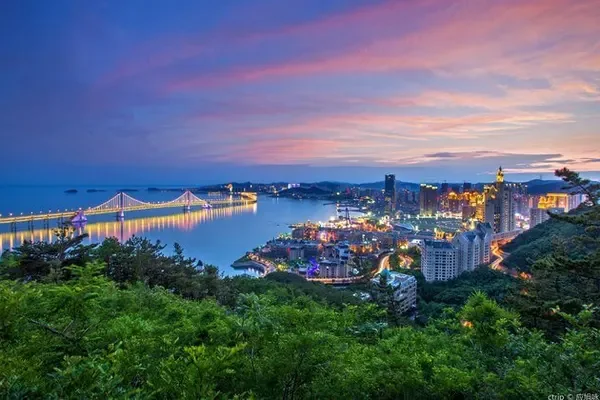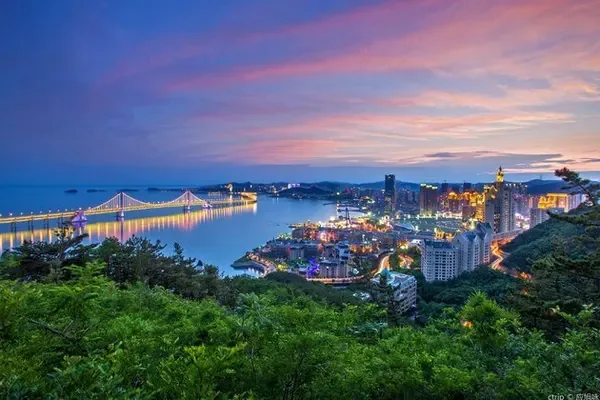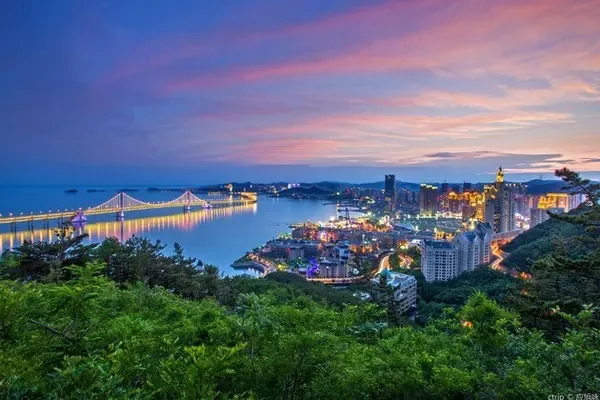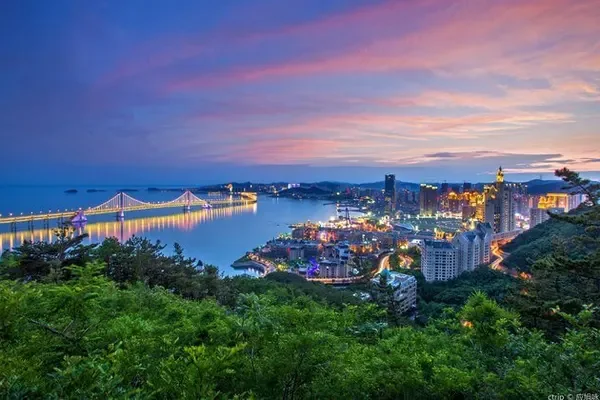- Tucson
- nyag-chu-kha(藏语)
Tucson (/ˈtuːsɒn, tuːˈsɒn/; Spanish: Tucson, O'odham: Cuk-Ṣon) is a city in and the county seat of Pima County, Arizona, United States, and is home to the University of Arizona. It is the second largest city in Arizona behind Phoenix, with a population of 542,629 in the 2020 United States census, while the population of the entire Tucson metropolitan statistical area (MSA) is 1,043,433. The Tucson MSA forms part of the larger Tucson-Nogales combined statistical area (CSA). Both Tucson and Phoenix anchor the Arizona Sun Corridor. The city is 108 miles (174 km) southeast of Phoenix and 60 mi (97 km) north of the U.S.–Mexico border. Tucson is the 34th largest city and the 53rd largest metropolitan area in the United States (2014).
Major incorporated suburbs of Tucson include Oro Valley and Marana northwest of the city, Sahuarita south of the city, and South Tucson in an enclave south of downtown. Communities in the vicinity of Tucson (some within or overlapping the city limits) include Casas Adobes, Catalina Foothills, Flowing Wells, Midvale Park, Tanque Verde, Tortolita, and Vail. Towns outside the Tucson metro area include Benson to the southeast, Catalina and Oracle to the north, and Green Valley to the south.
Tucson was founded as a military fort by the Spanish when Hugo O'Conor authorized the construction of Presidio San Agustín del Tucsón in 1775. It was included in the state of Sonora after Mexico gained independence from the Spanish Empire in 1821. In 1853, the United States acquired a 29,670 square miles (76,840 km2) region of present-day southern Arizona and southwestern New Mexico from Mexico under the Gadsden Purchase. Tucson served as the capital of the Arizona Territory from 1867 to 1877. Tucson was Arizona's largest city by population during the territorial period and early statehood, until it was surpassed by Phoenix by 1920. Nevertheless, population growth remained strong during the late 20th century. In 2017, Tucson was the first American city to be designated a "City of Gastronomy" by UNESCO.

